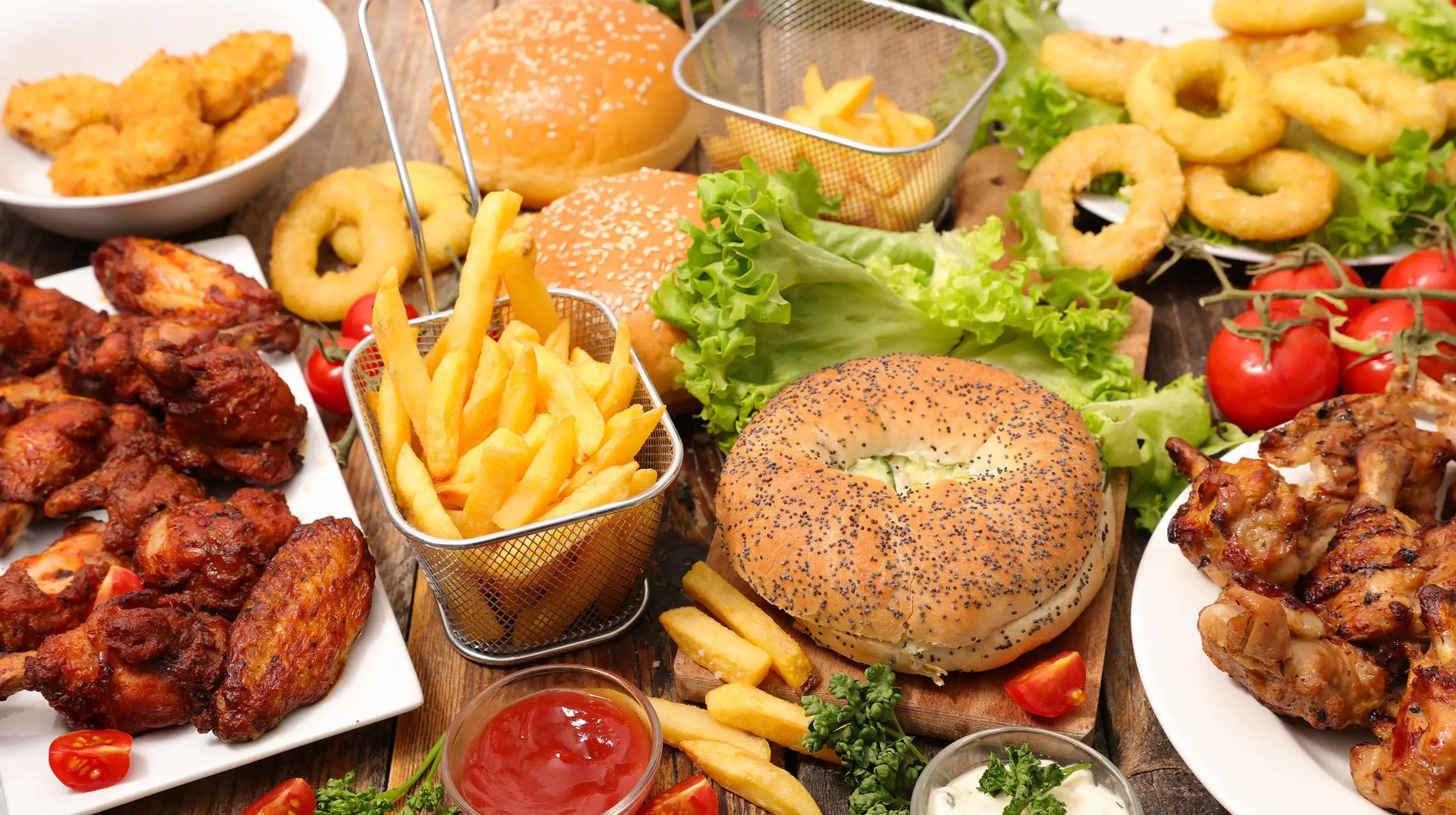Summary of How Chronic Stress Drives the Brain To Crave Comfort Food:
Researchers from the Garvan Institute of Medical Research in Sydney have discovered that stress can lead to excessive eating, particularly of high-calorie comfort food, resulting in weight gain. The study found that stress suppresses the brain’s response to satiety, specifically in the lateral habenula area of the brain, leading to continuous reward signals that promote the consumption of highly palatable food. The researchers also identified the molecule NPY, produced by the brain in response to stress, as a critical player in this process. The study highlights the importance of maintaining a healthy diet during stress to prevent excessive eating and weight gain.
– Chronic stress is linked to excessive eating, particularly high-calorie comfort food, leading to weight gain.
– Stress suppresses the brain’s natural response to satiety, specifically in the lateral habenula area of the brain, promoting continuous reward signals that drive the consumption of highly palatable food.
– The molecule NPY, produced by the brain under stress, plays a crucial role in promoting this process.
– Maintaining a healthy diet during stressful times is crucial to prevent excessive eating.
Stress has become a standard part of our lives in our fast-paced and demanding world. Stress can affect our mental and physical well-being, whether it’s work pressure, financial worries, or personal challenges. One of the ways stress manifests itself is through our eating habits, particularly our cravings for comfort food. But have you ever wondered why stress drives us to reach for that bag of chips or pint of ice cream?
Researchers from the Garvan Institute of Medical Research in Sydney have discovered a fascinating link between chronic stress and excessive eating, particularly of high-calorie comfort food. Their study reveals that stress suppresses the brain’s natural response to satiety, specifically in the lateral habenula region leading to continuous reward signals that promote the consumption of highly palatable food. This, in turn, can contribute to weight gain and obesity.
The researchers also identified a crucial player in this process: the molecule NPY, which is naturally produced by the brain in response to stress. When NPY activates brain cells in the lateral habenula, it promotes the craving for and consumption of comfort food. By blocking the activation of NPY in stressed mice on a high-fat diet, the researchers could reduce their consumption of comfort food and prevent excessive weight gain.
What’s intriguing is how stress overrides our brain’s natural response to satiety. NUsually when we eat, the lateral habenula is activated to dampen reward signals and signal that we are satisfied. However, this part of the brain remains silent under chronic stress allowing the reward signals to stay active and encourage continuous eating.
Furthermore, the researchers found that stress drives us to eat more and triggers explicitly craving for sweet, highly palatable food. In a sucralose preference test, stressed mice on a high-fat diet consumed three times more sweetened water cthanmice those on a regular diet or those who were not stressed. This preference for sweetness suggests that stress increases our desire to eat and influences the types of foods we crave.
The implications of this research are significant. It highlights the importance of maintaining a healthy diet, especially during times of stress. Turning to high-calorie comfort foods for temporary relief. is easy when we’re under stress. However, this research demonstrates that chronic stress and a high-calorie diet can lead to excessive eating, weight gain, and obesity. By making mindful food choices and avoiding the temptation of junk food, we can better manage stress and maintain a healthy weight.
It’s important to note that stress doesn’t just impact our eating habits; it also affects our energy balance. While a boost of energy through food may seem beneficial during stressful situations, long-term stress can disrupt our body’s ability to regulate energy needs. This can further contribute to weight gain and metabolic imbalances.
So, how can we navigate these challenges and maintain a healthy lifestyle? Firstly, it’s crucial to be aware of the impact of stress on our eating habits. By recognizing the link between stress and comfort food cravings, we can take proactive steps to manage stress and make healthier food choices. Engaging in stress-reducing activities such as exercise, meditation, or engaging hobbies can help alleviate stress and reduce the urge to rely on food as an emotional crutch.
Additionally, having a well-balanced diet that includes a variety of nutrient-rich foods can help support our physical and mental well-being. Opting for whole grains, lean proteins, fruits, vegetables, and healthy fats can provide the necessary nutrients to combat stress and promote overall health.
It’s also essential to establish a healthy relationship with food. Instead of turning to comfort food as a source of emotional support, we can develop alternative coping mechanisms, such as talking to a trusted friend or practicing relaxation techniques. By recognizing the root causes of stress and addressing them directly, we can reduce the need for excessive food consumption.
In conclusion, chronic stress profoundly impacts our brain’s response to food and our cravings for comfort food. By understanding the mechanisms behind this phenomenon, we can make informed choices to better manage stress and maintain a healthy diet. Remember, amidst the demands of life; it’s crucial to prioritize self-care and ensure that our eating habits support our overall well-being. So, the next time stress strikes, let’s reach for a healthier option and nourish our bodies and minds.

